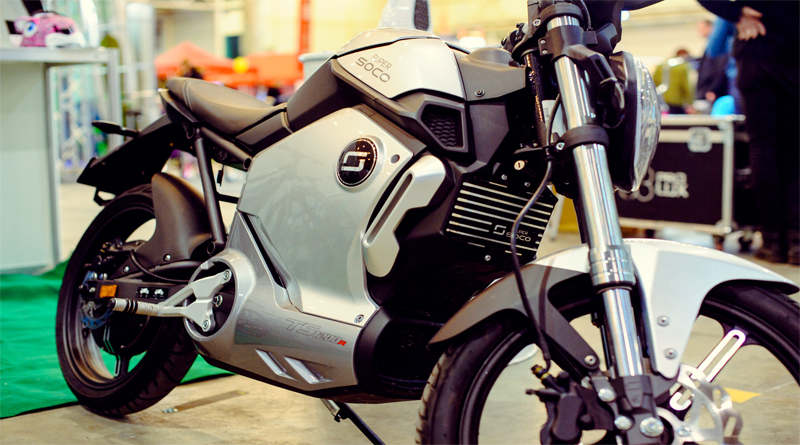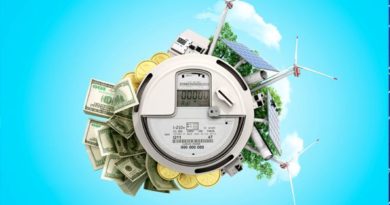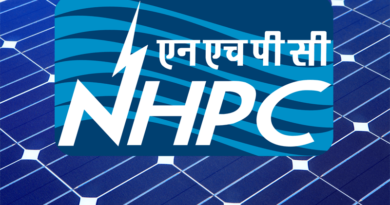Electrical 2-wheeler influx. Incumbents reluctant, will challengers step up?

Published on: Apr 16, 2018
For thousands of visitors to India Auto Expo held early this year at Greater Noida, the major highlight clearly was the ‘arrival’ of electrical vehicles, with models displayed cutting across the automobile spectrum. On a cumulative basis, the existing auto manufacturers (both established brands as well as those which had come from all over the world) sent the message loud and clear that the electrical vehicle era in India is round the corner, and turf battles for leadership would be as hard fought as ever. However, for various reasons, expect the challengers or newer entrants to make a mark here, as the incumbents protect their existing revenues first.
Market observers have pointed out that the arrival of electrical vehicles on Indian streets will not be simultaneous, due to infrastructural constraints – with India still being primarily a two-wheeler market, the baton of electrical vehicle initiation would be carried by two-wheelers in the preliminary laps (refer to our story-https://www.iamrenew.com/sustainability/electric-cars-will-not-lead-e-mobility-era-india-two-wheeler-country/.) But is it really the case? Can we expect to see some electric two-wheelers coming out of assembly lines in the next couple of years?
“ Honda has been developing electric vehicles for the past 25 years globally. But we have no concrete plans to launch these products in the Indian market as of now,” Minoru Kato, President & CEO, Honda Motorcycle and Scooter India told a select press gathering in Delhi recently. The statement could well be a dampener for those who would like to see things happening fast on electrical two-wheelers initiation, coming as it is from a company which has been in forefront of the tectonic shift in favour of automatic scooters vis-à-vis motorcycles in the country. And probably understands the Indian consumer better than most. The company has been registering a robust double-digit sales growth in the recent years and during the course of the just concluded fiscal, it notched a major milestone in India when it crossed 5 million units for the first time.
But it is not the case of Honda alone, even other major players in the two-wheeler segment, while acknowledging plans in the electric space, have no committed timelines yet. “ There is a bit of confusion here. From 2020, we will also have BS VI norm. So auto companies with firm footing in the two wheeler space are more keen to align with this norm in the near term when it comes to plan their future products,” a senior official of an established firm told Iamrenew (he did not wish to be named). “ The choice of basic battery platform is also an issue. If we use lithium ion battery, it will make our products considerably expensive,” he added.
Thus, this is a clearly a case where a challenger brand, with zero legacy costs in an established manufacturing set up, and an option to outsource production, besides looking at a flexible technology approach, might make the first big moves.
Noted automobile expert Murad Ali Baig asserts that it will eventually happen but not as early as those favouring it would want. “ There are two issues here. Existing companies can’t come out in the open and give a definitive date because it would affect their current sales. Their prospective buyers may hold back their plans. Secondly, the companies in the automobile space have this typical tendency of holding back to the current technological platforms as long as it could work for them and on this front all of them work in tandem. So electrical two wheeler initiation may take sometime but it will happen,” says he.
![]()




